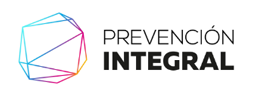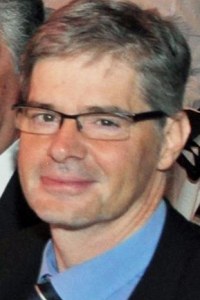Grau, Rosa

Miembro del equipo WONT-Prevenció Psicosocial
Departamento de Psicología Evolutiva, Educativa, Social i Metodología / Universitat Jaume I / Facultat de Ciències Humanes i Socials / Campus de Riu Sec / CP 12071, Castelló de la Plana, España
34 964 729 584 / rgrau@psi.uji.es
Burriel, Raül
Miembro del equipo WONT-Prevenció Psicosocial
Técnico Superior / Oficina de Cooperació Internacional i Educativa, Àrea d’Inserció Profesional / Universitat Jaume I / Riu Sec / CP 12071, Castelló de la Plana, España
34 964 729 396 / Raul.Burriel@sg.uji.es
Llorens, Susana
Miembro del equipo WONT-Prevenció Psicosocial
Departamento de Psicología Evolutiva, Educativa, Social i Metodología / Universitat Jaume I / Facultat de Ciències Humanes i Socials / Campus de Riu Sec / CP 12071, Castelló de la Plana, España
34 964 729 569 / llorgum@psi.uji.es
García-Renedo, Mónica
Miembro del equipo WONT-Prevenció Psicosocial
Departamento de Psicología Evolutiva, Educativa, Social i Metodología / Universitat Jaume I / Facultat de Ciències Humanes i Socials / Campus de Riu Sec / CP 12071, Castelló de la Plana, España
34 964 729 570 / renedo@uji.es
ABSTRACT
The aim is to show a reliability methodology to test the main organizational obstacles and facilitators in customer contact employees in Spanish tourist sector. The obstacle- facilitator scale was developed using an adaptation of the “Critical Incidents Method”. Semi-structured interviews were carried out with 20 employees of contact with clients of several Spanish hotels and restaurants. A scale by three categories of obstacles (social, technicians, and physicists) and two of facilitators (social and technical) was obtained. A questionnaire was elaborated and tested Spanish hotels and restaurants. Application of the “Critical Incidents Method” is shown in order to elaborate self-reports measures in organizational settings.
Key words:
Psychosocial Risks Evaluation, Obstacles, Facilitators, Tourism sector
INTRODUCTION
The economy of many developed nations is increasingly overtaken by services. One of the most important industries in Spain and concretely in Comunidad Valenciana, is the tourist sector. The service offered in this industry produce output that are often intangible and performed in the presence of the customer. This is one of the hugest differences with manufacturing organisations. The presence of the customer has been suggested as an important influence on the behaviours, attitudes and performance of services employees (Chase, 1981[1]). In fact, the interaction among employees and customers can surely determine the process of giving the service. Furthermore, the presence of certain aspects can determine the quality of this service. In fact, the presence of obstacles and the lack of facilitators at organisational settings may generate different negative consequences on employees’ well-being (Grau, Llorens, García-Renedo,
Papers relacionados














